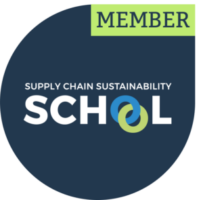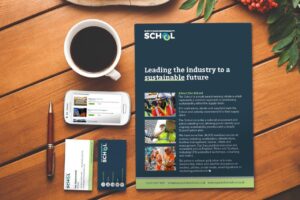Downer values Sustainability (including social, environmental and economic aspects and impacts) and is focussed on maximising social enterprise, local content, workforce training and skills development that will deliver long term benefits for regional Victoria.
Sustainability is a key focus area for delivery of Downer’s major projects in regional Victoria and will be considered in the procurement process. Downer is also extremely interested in hearing of any innovative solutions during the Tender Phase.
To assist potential suppliers, the following information is provided on the sustainability requirements for the project.
Infrastructure and Built Environment Sustainability
Built Environment Sustainability
Social and Economic Sustainability
Downer has set inclusion targets for this program as part of its Local Industry Development Plan and Social Procurement Framework. Those targets are:
Local and Indigenous participation
Downer has identified opportunities for local and Indigenous participation within project scopes of work. These opportunities exist to create a legacy for the areas in which Downer works, impacting on health and lifestyle, and to achieve positive outcomes for the community and consists of the following:
Policies and general requirements
In addition to the above the project will consider:
Next Steps
To assist in achieving a sustainable outcomes Downer has partnered with the Supply Chain Sustainability School to provide free sustainability learning resources for staff, contractors and suppliers.
Please undertake the following steps:



Biodiversity
Australian Department of Environment: Biodiversity Legislation
Web link
Sustainable Procurement
Sustainable Procurement Resource Centre
Web link
Biodiversity
Australia’s Fifth National Report to the Convention on Biological Diversity
Web link
Carbon and Energy
Australia’s National Greenhouse Gas Inventory: December 2013
Web link
Sustainable Procurement
Environmentally sustainable procurement guidelines
Tool
Sustainable Procurement
Value of sustainable procurement practices
Web link


 10 minutes
10 minutes